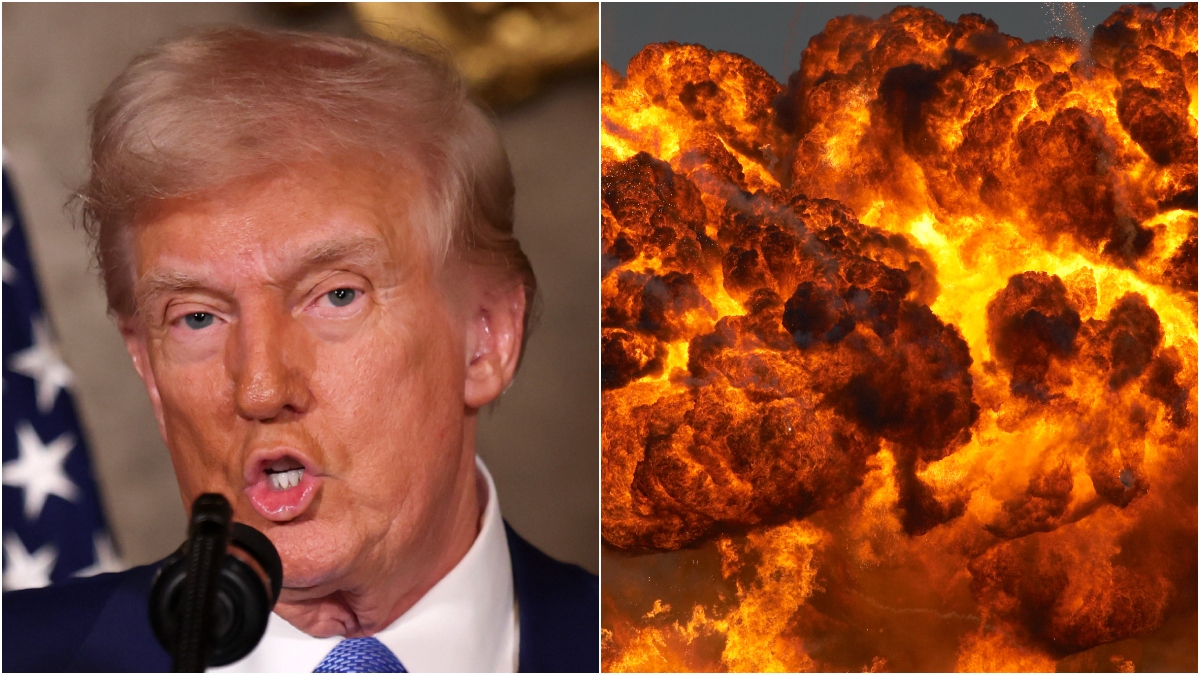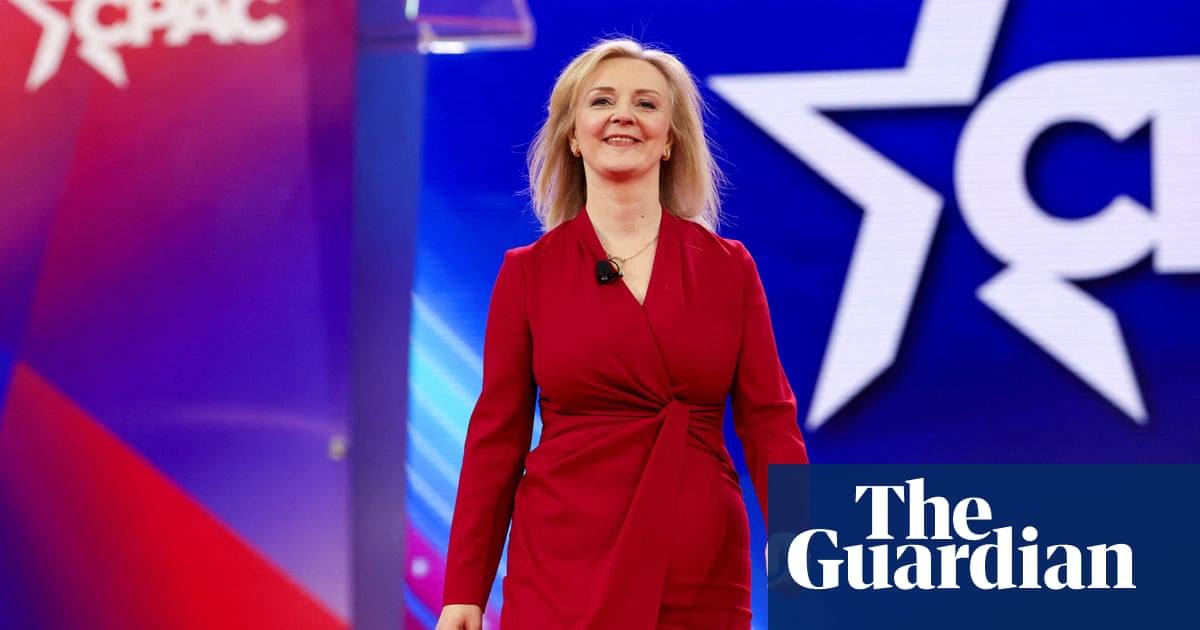On the Podcast: Selling Sexy’s Lauren Sherman and Chantal Fernandez On the Rise and Fall (and Rise Again) of Victoria’s Secret

Victoria’s Secret is one of those brands that means many different things to many different people. Once a driving force in American culture that helped define notions of beauty and femininity for generations of women, it has, in recent years, struggled to fit into that very same modern commercial and cultural landscape. Journalists Lauren Sherman and Chantal Fernandez have charted the retail behemoth’s history in their new book Selling Sexy: Victoria’s Secret and the Unraveling of an American Icon. In this episode of The Run-through, they join Vogue Runway’s Nicole Phelps, whose own reporting forms an important part of the puzzle, to discuss their findings.
“We felt we wanted to tell a really holistic story about the company,” says Sherman. “There’s the founding story, the story of how Victoria’s Secret shaped shopping culture, the story of how its marketing depicted women and the culture’s view of women at the time, the story of the models, the story of Les Wexner, and the story of all the executives that worked there.”
Fernandez adds that the company is the perfect vehicle for understanding the contemporary landscape of the retail world—including offshore production, brands as media companies, retail expansion, and then digital expansion. A truncated history of American fashion.
Listen to learn more about the company’s very taboo beginnings, feeling sexy versus feeling comfortable, and why the Victoria’s Secret fashion show, which will be returning to our television sets later this month, is its own cultural touchpoint.
Related
Trudeau says Canada will issue 25% tariffs on $155B of…
'The Bottom Line' panelists Lee Carter and Liz Peek give their take on President Donald Trump confirming the 25% tariffs. Canadian Prime Minister Justin T
Cartel Violence Kills American Citizen In Brutal Fashion. Will Trump…
PublishedFebruary 25, 2025 4:34 PM EST|UpdatedFebruary 25, 2025 4:35 PM ESTFacebookTwitterEmailCopy LinkAn American citizen is dead after a cartel-linked bombin
Luxury Briefing: Tapestry, Capri and the American fashion portfolio shakeup
In this week’s Luxury Briefing: The fallout from the failed Tapestry-Capri merger continues, with Tapestry selling Stuart Weitzman and Capri reportedly eyeing
Liz Truss tells CPAC UK is ‘failing’ and needs Maga-style…
Liz Truss, the former British prime minister, told a rightwing conference in the US that her country was “failing” and needed a Donald Trump-style “Maga�













